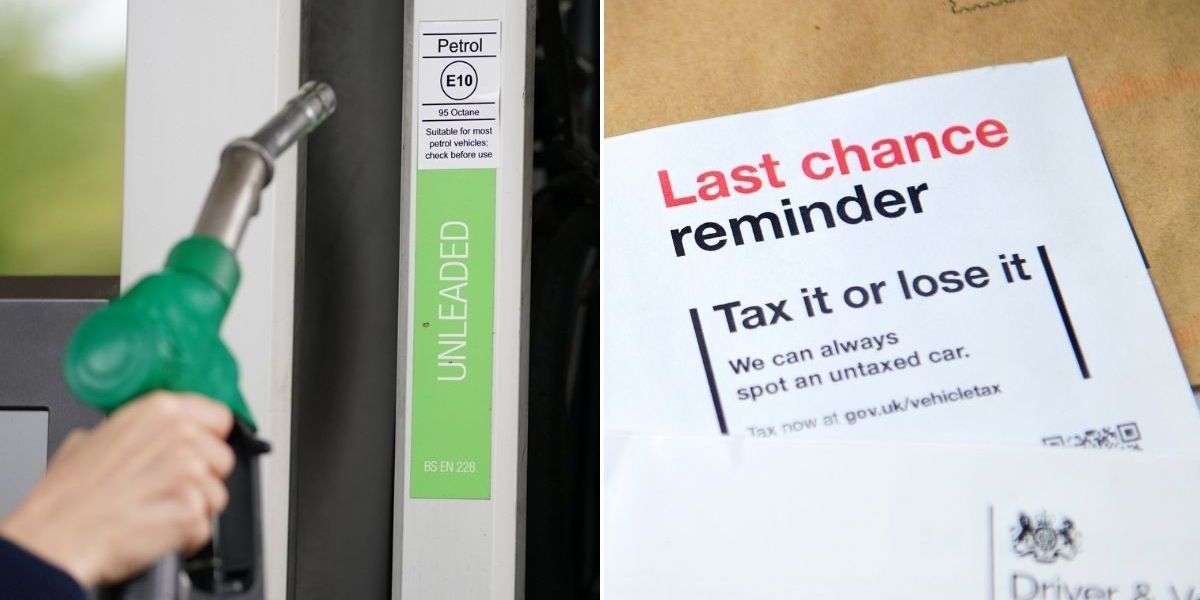Upcoming Driving Law Changes in the UK: What Motorists Need to Know
As November approaches, British motorists are bracing for significant changes in driving laws that could reshape their experiences on the road. With the Autumn Statement on the horizon, led by Labour’s Rachel Reeves, the government is poised to unveil a series of measures that could have far-reaching implications for fuel prices, car taxes, and electric vehicle (EV) infrastructure. Here’s a detailed look at what’s in store for drivers in the coming weeks.
The Autumn Statement: A Turning Point for Motorists
Rachel Reeves is set to deliver Labour’s first Budget in Government, and expectations are high for substantial changes that will affect millions of drivers across the UK. The Chancellor is facing a daunting £22 billion funding gap, and experts suggest that fuel duty could be a prime target for revenue generation.
The previous government’s decision to cut fuel duty by 5p per litre in March 2022, in response to the economic fallout from Russia’s invasion of Ukraine, is set to expire next March. As a result, motorists may see an increase in petrol and diesel prices as the government seeks to address this financial shortfall.
Potential Changes to Car Tax
In addition to fuel duty adjustments, car tax changes are also on the table. With the increasing shift towards electric vehicles, the government is exploring new ways to compensate for the anticipated decline in fuel duty revenue. One proposed solution is a pay-per-mile scheme, which has garnered support from various think tanks and experts.
This scheme could fundamentally alter how motorists are taxed, moving away from traditional fuel taxes to a system that charges drivers based on the distance they travel. Such a change could have significant implications for all drivers, particularly those who rely on their vehicles for daily commutes or long-distance travel.
Enhancements in Car Insurance and Road Infrastructure
Motorists can also expect potential changes to car insurance premiums as the government seeks to address rising costs and improve road safety. Increased funding for pothole repairs is another area of focus, as the state of the roads has become a pressing concern for many drivers.
Moreover, the government is likely to announce funding for the expansion of public EV chargers, a critical step in supporting the transition to electric vehicles. As more drivers make the switch to EVs, the demand for reliable charging infrastructure will only grow.
Stricter Regulations for Public EV Chargers
In line with the push for electric vehicles, new regulations regarding public charging stations are set to take effect. The Public Charge Point Regulations, introduced last year, require that by the end of November, all new public charge points of 8kW and above, as well as existing charge points of 50kW and above, must offer contactless payment options.
Furthermore, rapid public chargers are mandated to achieve a reliability rate of 99%, measured across each charge point operator’s network over the calendar year. These measures aim to enhance the user experience for EV drivers and ensure that charging infrastructure is both accessible and dependable.
The Broader Context: The US Presidential Election
While the UK is focused on its own driving law changes, the international stage is also buzzing with significant events. On November 5, the United States will hold one of its most consequential presidential elections in recent history. The race pits Democrat Vice President Kamala Harris against former Republican President Donald Trump, with both candidates presenting starkly different visions for the future, particularly regarding electric vehicles.
Trump has been critical of electric vehicles, despite his recent partnership with Tesla’s Elon Musk, while Harris is likely to advocate for stronger support for American workers and increased tariffs on foreign EVs. The outcome of this election could have ripple effects on global automotive trends, including the UK’s approach to electric vehicles and environmental policies.
Conclusion: Staying Informed and Prepared
As November unfolds, British motorists must stay informed about the impending changes to driving laws and regulations. From potential increases in fuel duty and car taxes to enhanced EV infrastructure and reliability standards for public chargers, these developments will significantly impact how drivers navigate the roads.
For those with stories or insights to share regarding these changes, GB News encourages readers to reach out via email. As the landscape of driving in the UK evolves, staying engaged and informed will be crucial for all motorists.
